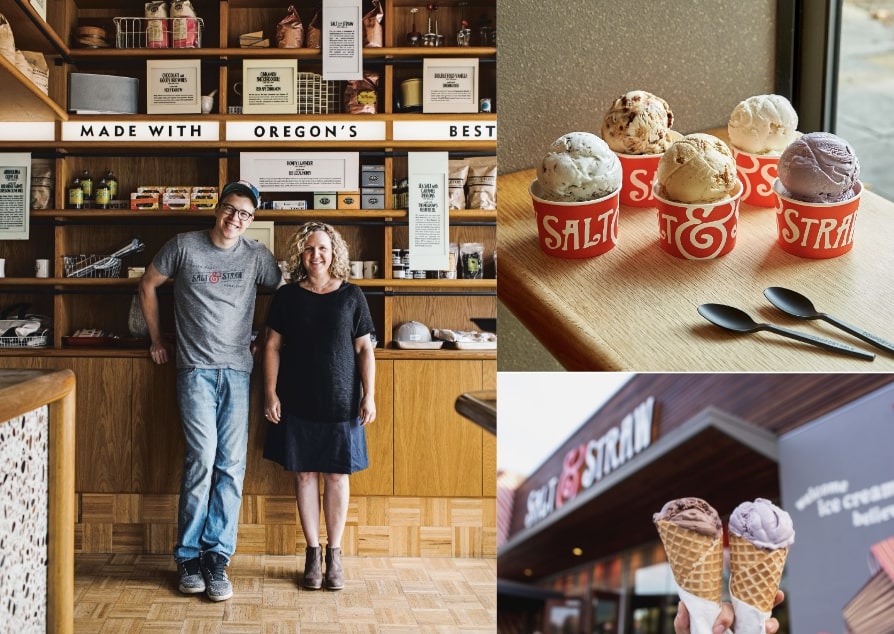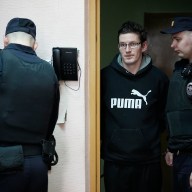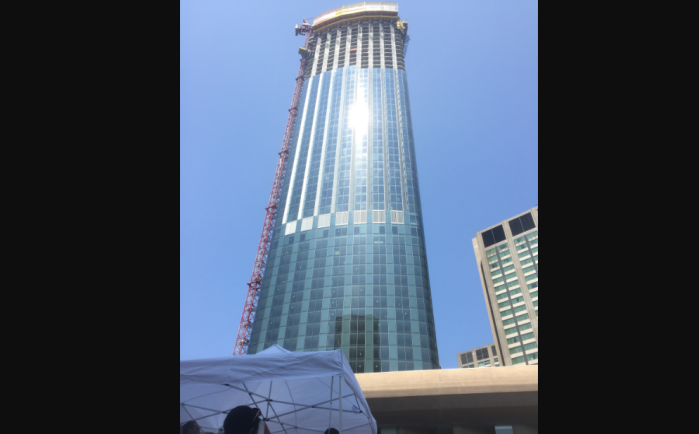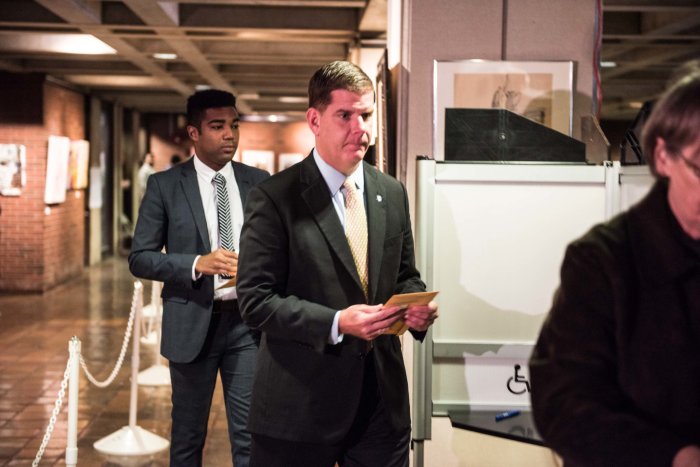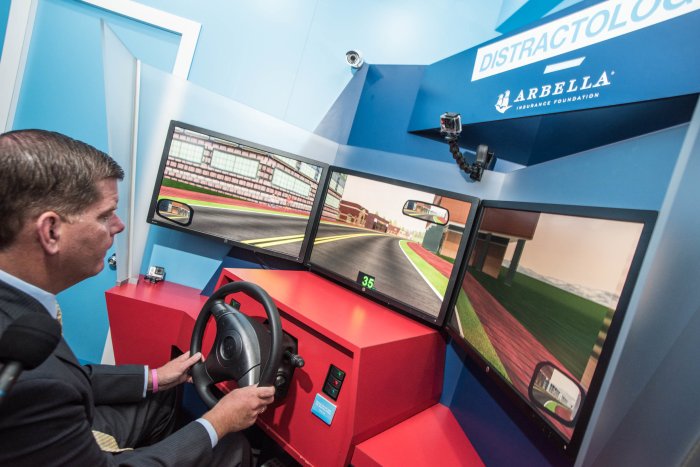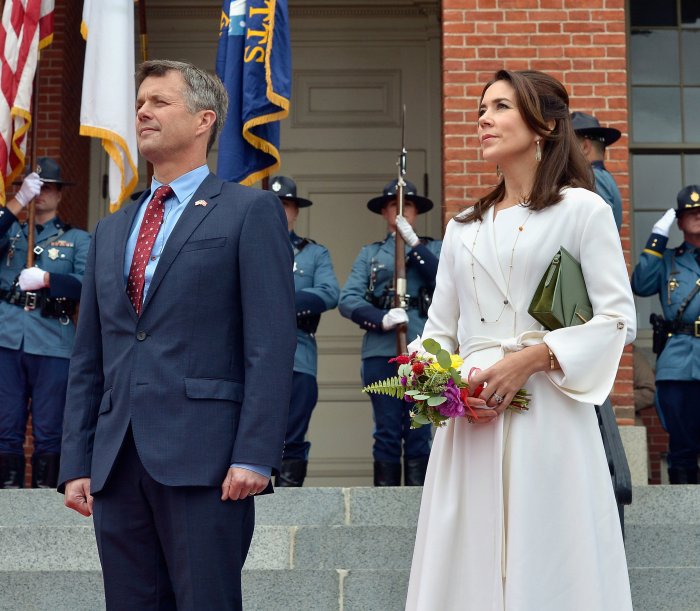For most restaurants in Boston, getting a license to sell beer, wine and booze has always come down to one thing: cash — and a lot of it. But for the restaurants without enough scratch, there is hope. Mayor Marty Walsh and City Councilwoman Ayanna Pressley created a plan Monday that would add 152 non-transferable liquor licenses over the next three years. The move would create neighborhood-specific licenses while cutting into a market where transferable license, limited by statue, can cost up $500,000. The measure still requires approval from the state legislature.
The plan is part of an effort to attract new businesses and restaurants, encourage expansion of current establishments, and support Boston’s growing economy. It would also give the Lawn on D, an outdoor event space in the Seaport, and the Boston Center for the Arts in the South End, a shot at selling booze. “This balanced approach to licensing ensures neighborhoods historically disadvantaged by the liquor license process will receive their fair share of licenses,” Walsh said. He added that the measure would also provide “an option for larger establishments to receive licenses without hurting our small businesses. Last month Boston rolled out BYOB (bring-your-own-bottle) licenses as a low-cost option for small restaurants in some of the city’s more offbeat neighborhoods. Restrictions on seating capacity, hours and amount of booze have led few restaurants to apply for the licenses, according to city hall. RELATED:Boston opens BYOB applications to restaurants All 152 of the proposed licenses would be non-transferable, which will keep costs consistent and Walsh and Pressley say it would allow the administration to continue to focus on fostering neighborhood vitality and economic development in historically underserved neighborhoods. “This is the next natural step in our push to reduce disparities in neighborhood sit-down restaurants across the city,” said Boston City Councilor Pressley. “I am happy to collaborate with Mayor Walsh to craft legislation that supports our neighborhoods in growing at their own speed and continues to support the development of restaurant clusters in our business districts that will be economic and social anchors.”
Boston restaurants could get a lot more liquor licenses
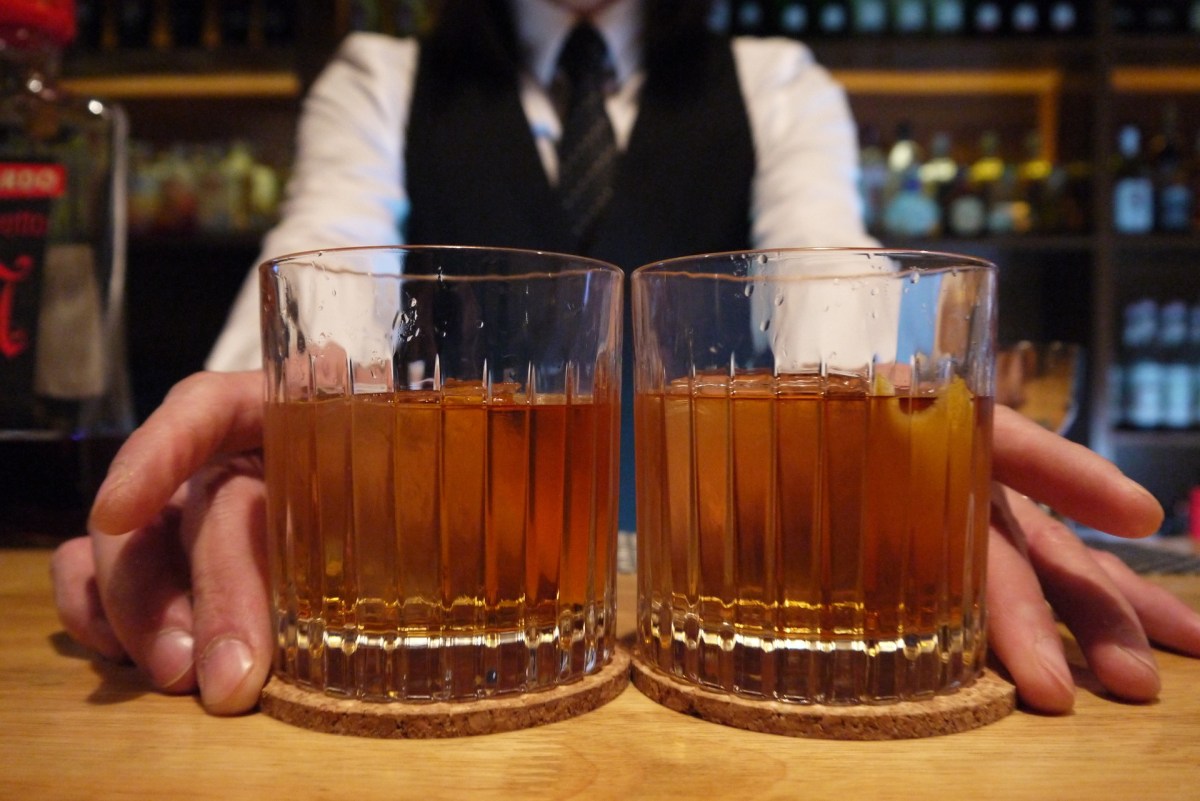
Pixabay







